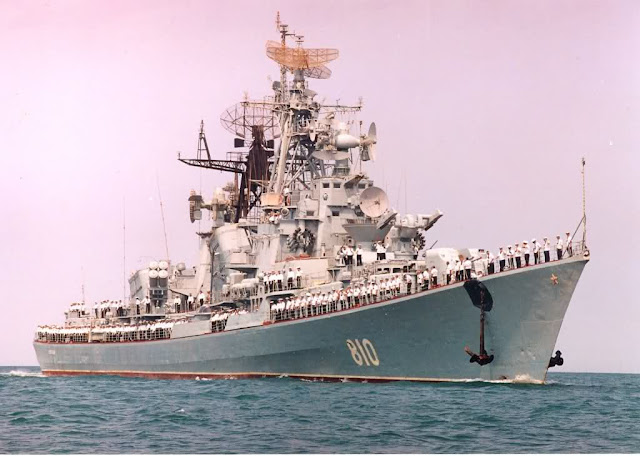President Barzani of Iraqi Kurdistan ready to defend Kurds in Syria.(RT).
The statement comes days after reports of a possible massacre in Syria.
Barzani said that he wants a committee to be formed to look into reports of violence, and has hinted that the autonomous region of northern Iraq, which has a well-equipped army, would intervene militarily to defend Syrian Kurds.In a letter which he posted online Saturday on the Kurdistan Regional Government (KRG) website, he said that he told Kurdish representatives to go to Syria and investigate reports that “terrorists of Al-Qaeda are attacking the civilian population and slaughtering innocent Kurdish women and children.”
“If the reports are true, showing that citizens, women and children of innocent Kurds are under threat from murder and terrorism, Iraq’s Kurdistan region will make use of all its capabilities to defend women and children and innocent civilians,” the letter continued.
As well as being posted online Saturday, the letter was sent on Thursday to the preparatory committee for a Kurdish National Conference to be held later this month in Arbil – located in the far north of Iraqi Kurdistan.
The statement referred to the area of Syria where Kurds live as ‘Western Kurdistan.’ The Kurdish people are spread over adjoining parts of Iraq, Syria, Turkey and Iran, and are the largest ethnic group in the world without their own state.
Iraqi Kurds have already sent food, medical supplies, and fuel to their Kurdish brethren in Syria but Barzani’s statement is the first time that intervention has been suggested.
There were unconfirmed reports of a massacre earlier this week, in which 450 Kurds were allegedly murdered by Al-Qaeda-linked rebels. According to IranianTV channel Al-Alam, militants from the Jabat Al-Nusra Front attacked the town of Tal Abyad near the Turkish border on Monday, killing 120 children and 330 women. Neither the Syrian government nor the Syrian opposition has confirmed the report.
However, RT managed to get in contact with Kurdish sources who said that increased fighting had taken place in the area.
“The Al-Nusra militants and other rebel forces surrounded the village. They started going door to door, entering every house. If there were any men they killed them and took the women and children hostage,” said the source.
These latest reports follow a statement last month from the Russian Foreign Ministry that Al-Qaeda-linked extremists were holding 200 Kurdish civilians as hostages. The militants were apparently taking revenge for the capture by the Kurds of rebel leader Abu Musab. Five hundred civilians were initially abducted but some were released in agreement with the Kurds, who also released Musab. Around 200 people are believed to still be the hands of the Jihadists.
“In these areas, there has long been confrontation between the troops of the international extremists affiliated with Al-Qaeda and local Kurdish militias who stood up to protect their homes from attacks by radical Islamists,” Russia’s Foreign Ministry said in a July statement.
The Kurds are the main obstacle to the Islamists declaring a de facto state of their own in the northeast of Syria – an area which Syrian President Bashar Assad has little control over.
Barzani’s comments are further proof of how Syria’s two-year conflict is spilling over into neighboring countries.
The northern Iraqi region of Kurdistan - which already has its own government and armed forces - has also begun to pursue independent energy and foreign policies, which has infuriated the Shi’ite government of Nouri al-Maliki in Baghdad. Northern Iraq is the only area of the country which has seen peace and a semblance of stability since American troops left in 2011. Hmmm......Seems like in the end the Kurds will be the 'king makers'.Read the full story here.

.jpg)






